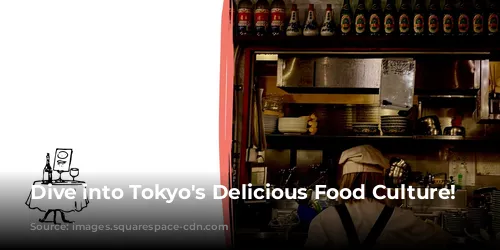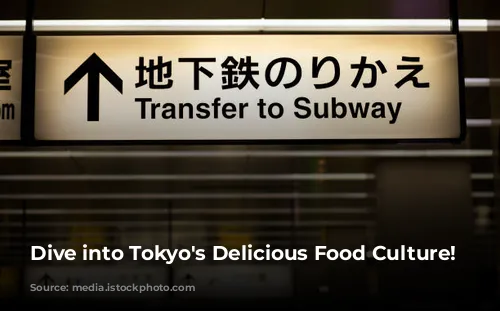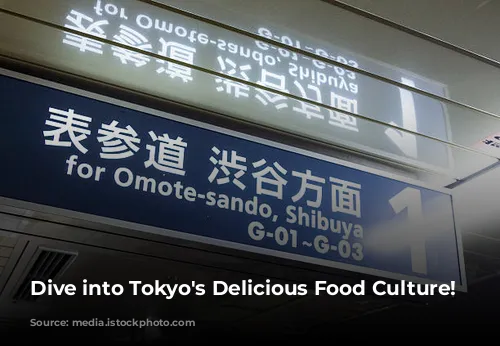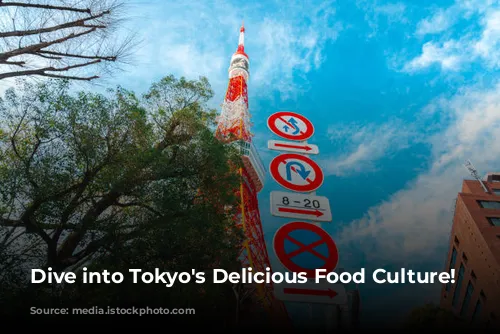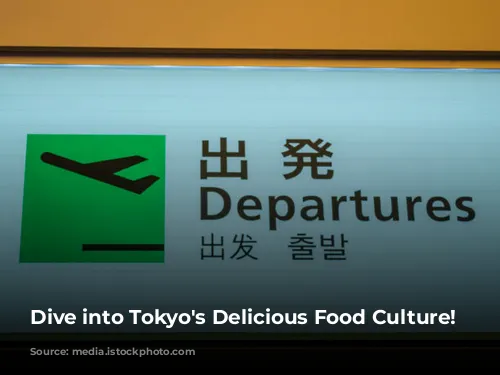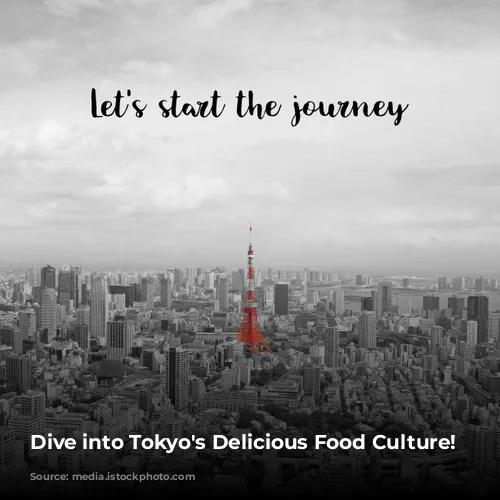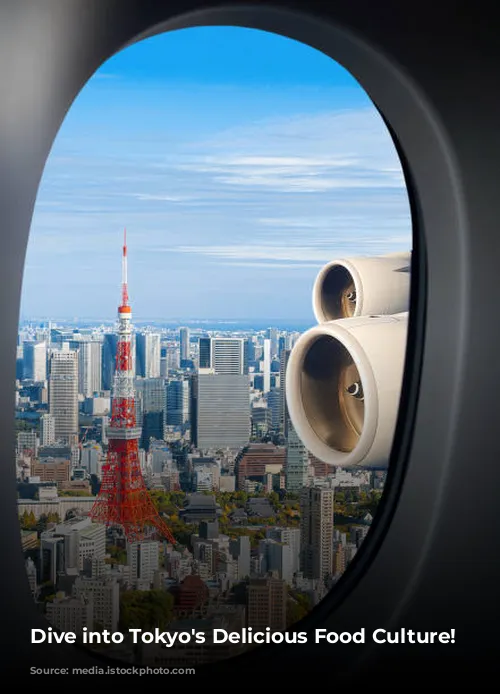Tokyo’s food scene is a true feast for the senses! With countless amazing dishes to try, it’s easy to get overwhelmed. Don’t worry, though! This guide will help you navigate the local food scene like a pro.

Navigating Restaurants with Confidence
When entering a restaurant, you’ll likely see a hand sign indicating how many people are in your group. This is common courtesy and helps the staff seat you efficiently.
Many ramen shops and smaller restaurants have ticket machines. Simply choose your dish, pay for it, and a ticket with your order will be issued. Hand this ticket to the staff when you’re ready to receive your food.
If there’s no ticket machine and you’ve secured a table, don’t wait for the staff to approach you. Instead, raise your hand and make eye contact to signal you’re ready to order. If they don’t notice, politely say “sumimasen” (excuse me).
Remember, this approach is completely normal in Japan, so don’t feel shy.
Need an English menu? Simply ask “eigo menu…?” Even though it’s broken Japanese, it’s understood and will get you what you need.

Common Japanese Questions to Know
As you explore Japan, you’ll likely encounter a few basic questions, particularly when paying for things.
One of the most common questions you’ll hear, especially at convenience stores and shops, is “Do you need a bag?” You’ll often hear the word “fukuro” (bag).
If you need a bag, politely say “onegaishimasu” (please). If you don’t, simply say “daijoubu” (no, thank you).
Another question you might hear is “Do you have a point card?” Keep an ear out for the words “pointo cardo”. If they ask, simply shake your head ‘no’.
Here are some other helpful phrases to know:
- “Daikijoubu” (It’s okay; I’m fine; no thank you)
Tip: The “R” sound in Japanese often sounds like a soft “D” sound, similar to Spanish. So “fukuro” might sound more like “fuu-kuu-dou”.
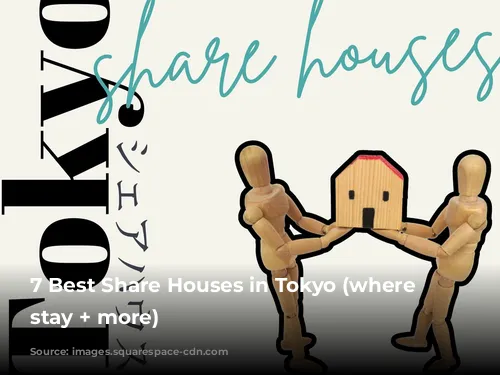
Respecting Japanese Etiquette
You’re likely already familiar with some etiquette and social “rules” in Japan. But here are a few essential ones to keep in mind:
- Avoid eating or drinking on trains.
- Avoid eating while walking on busy streets.
- Don’t talk on your phone on trains.
- If you smoke, use designated smoking areas.
- On escalators, stand on the left side (the right is for walking).
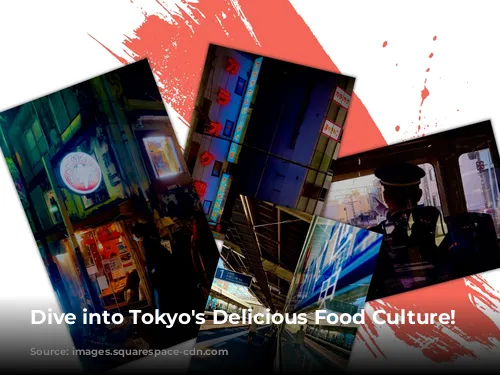
Explore Tokyo’s Unique Share Houses
For a truly immersive experience, consider staying in a share house. These offer flexible leases, lower costs, and a sense of community.
Share houses often provide private rooms (some have apartments) and shared kitchen, shower, and restroom facilities.
They are foreigner-friendly, with English support staff, making them ideal for travelers and international workers.
The best part? You’ll instantly connect with a community of other travelers, locals, and friends.

Enjoy Your Tokyo Adventure!
Whether you explore the culinary scene, practice your basic Japanese, or immerse yourself in a share house community, Tokyo has something for everyone! It’s a city that truly captivates the senses. So, embrace the adventure, and get ready to fall in love with Tokyo!
